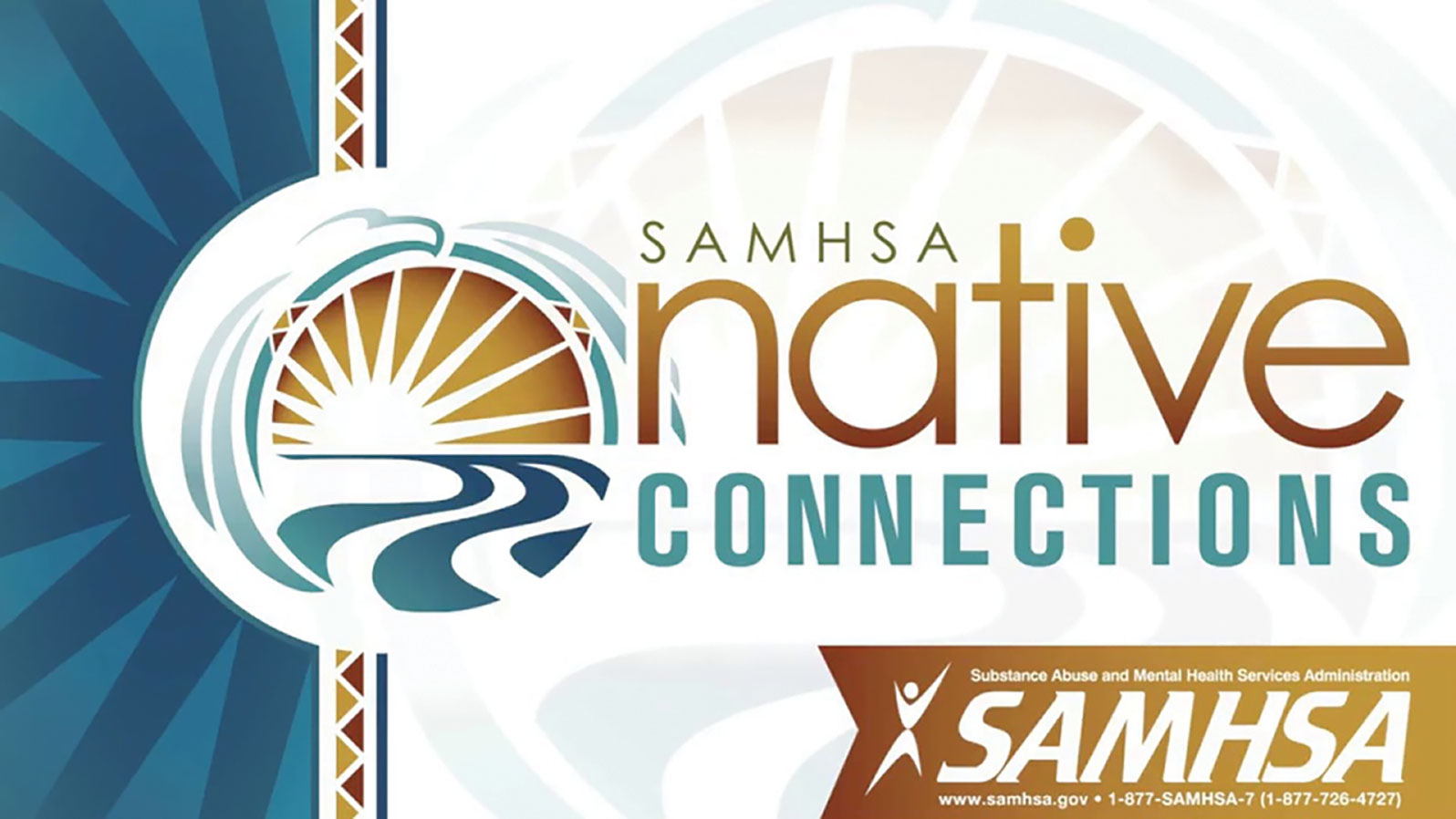Warning Signs and What to Do
Real Talk. Talking about suicide might be taboo in some Native American cultures, but there is no denying that our Native American communities have been hit hard by suicide. For this reason, we must find out why our people, especially our youth, are dying by suicide.
Compared to 1999, studies completed in 2017 showed a 139% increase in suicide deaths among American Indian/Alaskan Native women and a 71% increase among American Indian/Alaskan Native men. In addition, for our Native American youth ages 10 to 24 years of age, suicide is the second leading cause of death. According to the National Indian Council on Aging, this is 2.5 times higher than the overall national average.
But there is good news!
According to the 2019 Healthy Kids Colorado Survey, American Indian/Alaskan Native youth in our region (Archuleta, Dolores, La Plata, Montezuma, and San Juan counties) show a decrease from 2017 data in both attempted suicides and suicidal thoughts. Studies have shown that talking to your youth about suicide and mental health decreases the chances of them attempting suicide or self-harm.
If would like to learn more about studies and statistics for Native American communities, please reach out to Precious Collins with the Southern Ute Native Connections Program to start the conversation about risk factors and protective factors that affect the incidence of suicide.
So, what are the warning signs we should be aware of?
We must keep an eye out for our family and friends during this time of the pandemic. This virus has had a very profound effect on all of us, including our youth. If you notice that you or someone in your family is struggling with isolation, anxiety, depression, stress, or suicidal thoughts or ideations, please reach out and talk to someone.
Here are some things that ReportingOnSuicide.org recommends looking and listening for with our family, friends, and community members, and how to respond if someone is having a crisis.
Warning Signs:
- Talking about wanting to die;
- Looking for a way to kill oneself;
- Talking about feeling hopeless or having no purpose;
- Talking about feeling trapped or in unbearable pain;
- Talking about being a burden to others;
- Increasing the use of alcohol or drugs;
- Acting anxious, agitated, or recklessly;
- Sleeping too little or too much;
- Withdrawing or feeling isolated;
- Showing rage or talking about seeking revenge;
- Displaying extreme mood swings.
What to do if you see or hear some of these warning signs?
- First off, acknowledge that you see and hear that person;
- Do not leave the person alone;
- Remove any firearms, alcohol, drugs, or sharp objects that could be used in a suicide attempt;
Call these resources:
- National Suicide Prevention Lifeline at 1-800-273-TALK (8255)
- 24/7 Axis Crisis Line for southwest Colorado: 970-247-5245
- Text 741741
Take the person to an emergency room or seek help from a medical or mental health professional.
Together we can be here for one another.
For more information about studies, reports, or resources please check out the National Indian Council on Aging, Centers for Disease and Control, U.S. Department of Health and Human Services Office of Minority Health, Substance Abuse and Mental Health Services Administration, and National Indian Health Board.
And if you like apps, check out the Unity Wellness Warrior app, SAMHSA They Hear You app or the SAMHSA Suicide Safe app.
Want to help and be a part of the change?
Looking for community members and youth to join the Prevention Coalition tasked to reduce youth substance usage, eliminate mental health stigma, and start the discussion around suicide and prevention.
Upcoming Prevention Coalition Meetings
We are going virtual! Join our meeting via Zoom. We will start regular meetings on Sept. 15 from 6 – 7 p.m. Meetings will be held virtually every Tuesday for 4 weeks just to start. For a copy of the link to the meeting, please feel free to call or email Precious. Or you can visit https://zoom.us/join and type in the meeting ID: 889 0328 1795. Contact Precious Collins, Native Connections Program Coordinator for more information 970-563-2487.
Upcoming Training
FREE online Suicide Prevention Training – Question, Persuade, Refer (QPR) for Southern Ute Tribe Employees, and Southern Ute Tribal Members. Let’s all learn the warning signs and what to do if someone is experiencing a crisis. Please contact Precious Collins at 970-306-8131 or email prcollins@southernute-nsn.gov to sign up.
LOCAL RESOURCES
- Southern Ute Health Center: Behavior Health 69 Capote Dr., Ignacio, CO, 970-563-4581. For local Native Americans. Call to schedule a counseling appointment.
- Southern Ute Social Services: 116 Capote Dr., Ignacio, CO, 970-563-2331 for local Native Americans needing assistance with child welfare needs and family support.
- St. Ignatius Catholic Church: Pastor Cesar Arras, 14826 CO-172, Ignacio, CO 970-563-4241.
- Ignacio Community Church: Pastor Randall Haynes 405 Browning Ave., Ignacio, CO (currently located inside ELHI), 970-759-3633.
- Second Wind Fund of theFour Corners: Believes that every child and youth at risk of suicide should have access to the mental health treatment they need. We match children and youth at risk for suicide with licensed therapists in their communities, 720-962-0706.
- Women’s Resource Center: Creates personal, social and professional growth opportunities for all women in La Plata County, 970-247-1242.
24/7 STATE & NATIONAL RESOURCES
- 24/7 Axis Crisis Line: Southwest Colorado 970-247-5245 ot text 741741.
- Colorado Crisis Line: 844-493-8255 or Text “TALK” to 38255. You’ll immediately be put in contact with a trained counselor, ready to text with you about anything.
- The National Suicide Prevention Lifeline: Has both an online chat and 24/7 phone line at 1-800-273-8255 if you are thinking of suicide or need help for a loved one.
- The Trevor Project: Seeks to serve LGBT youth, has a 24/7 suicide prevention line at 866-488-7386.

